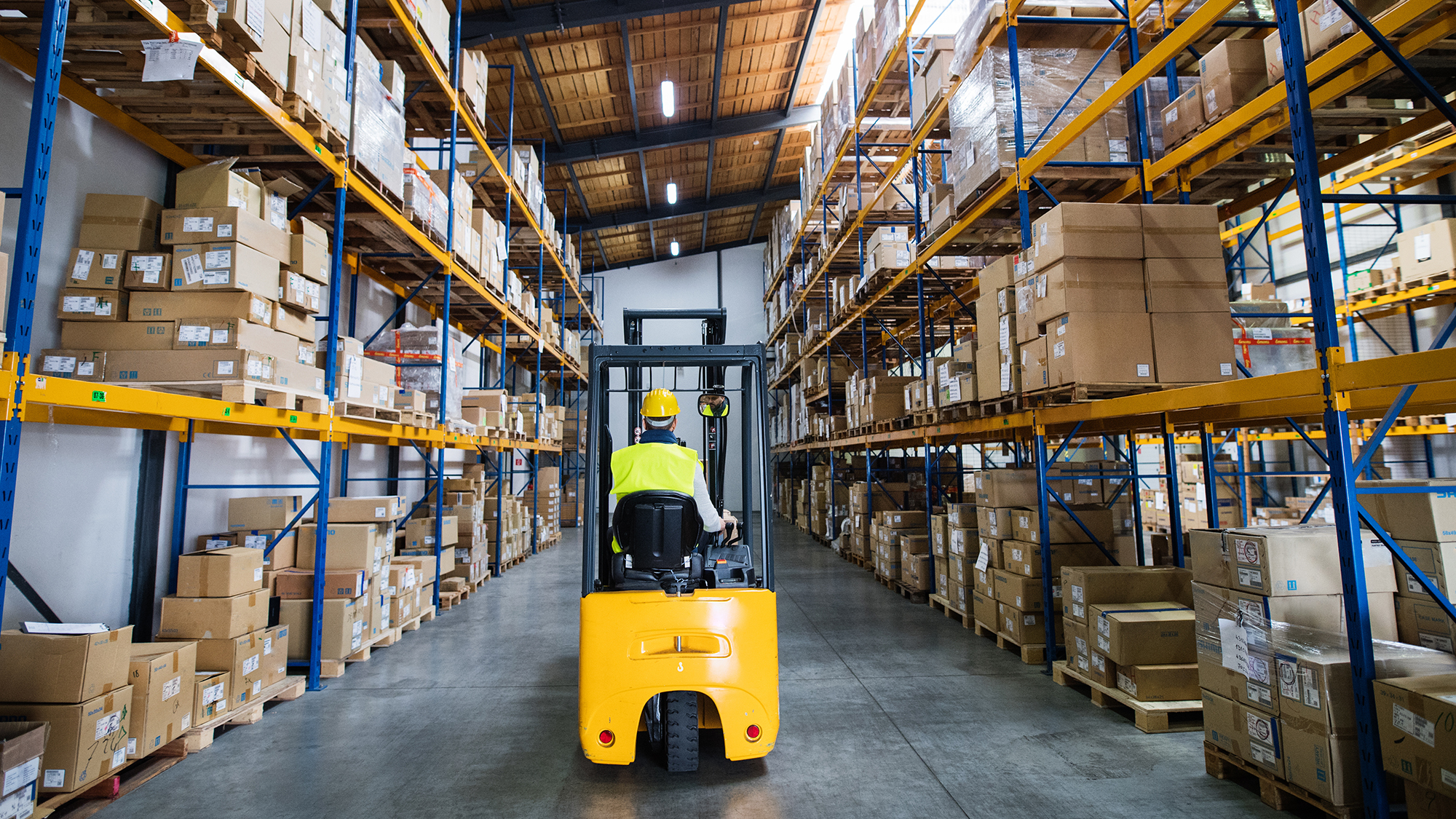New Workforce Foresighting report on decarbonising large non-domestic buildings

Preparing the workforce for a low-carbon future
The Workforce Foresighting Hub, in collaboration with the Energy Systems Catapult and sponsored by the Department for Energy Security and Net Zero (DESNZ), has published a new report focused on the decarbonisation of large non-domestic buildings over 1,000m².
This report is part of a broader foresighting cycle that uses a systemic approach to anticipate future skills and capability needs driven by emerging technologies and government transformation targets. It aims to ensure that our education and training systems are ready to equip the workforce with the skills needed to support industrial growth and meet Net Zero goals.
Why large non-domestic buildings matter
Non-domestic buildings—such as offices, hospitals, hotels, and public sector facilities—account for a significant share of the UK’s building emissions. Although buildings over 1,000m² represent only 7% of the total non-domestic stock, they are responsible for over 60% of electricity and 70% of gas consumption from non-domestic buildings. Decarbonising these buildings is therefore critical to achieving the UK’s climate targets.
The challenge: skills for clean heat design
Designing clean heat systems for large buildings is complex. The diversity in building age, use, and infrastructure means there is no one-size-fits-all solution. Many still rely on fossil fuel heating, which must be replaced with low-carbon alternatives like heat pumps. However, the design phase requires specialised skills that are currently in short supply.
The Chartered Institution of Building Services Engineers (CIBSE) has already laid groundwork with guidance on large heat pump installations. This report builds on that foundation, identifying key occupational profiles and gaps in current training provision.
Key findings
- Client-side roles such as heads of estate and facilities managers are critical but underserved in current training frameworks.
- Supply-side roles including building services engineers and low carbon heating technicians show partial alignment with existing apprenticeship standards, but require adaptation or expansion.
- The report also introduces a visualisation tool to support stakeholder understanding and planning.
Next steps
The report recommends further engagement with industry to validate findings and explore bespoke training provision. This includes:
- Adapting existing standards or creating new modules.
- Developing Continuing Professional Development (CPD) routes.
- Collaborating with industry bodies like CIBSE.
- Investigating degree-level provision and other phases of retrofit delivery.
This report is a call to action for stakeholders across the sector to ensure the workforce is ready to deliver the transformation needed in large non-domestic buildings.
Related programme

Workforce Foresighting
How do we build a skilled workforce for tomorrow’s industries? The Workforce Foresighting Hub has developed a structured process, aligned with national policy, to help deliver a workforce to exploit innovative technologies in the UK. We’re supporting industry, policymakers and educators to adapt to continuing change.

